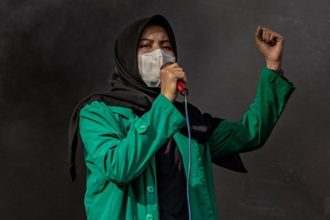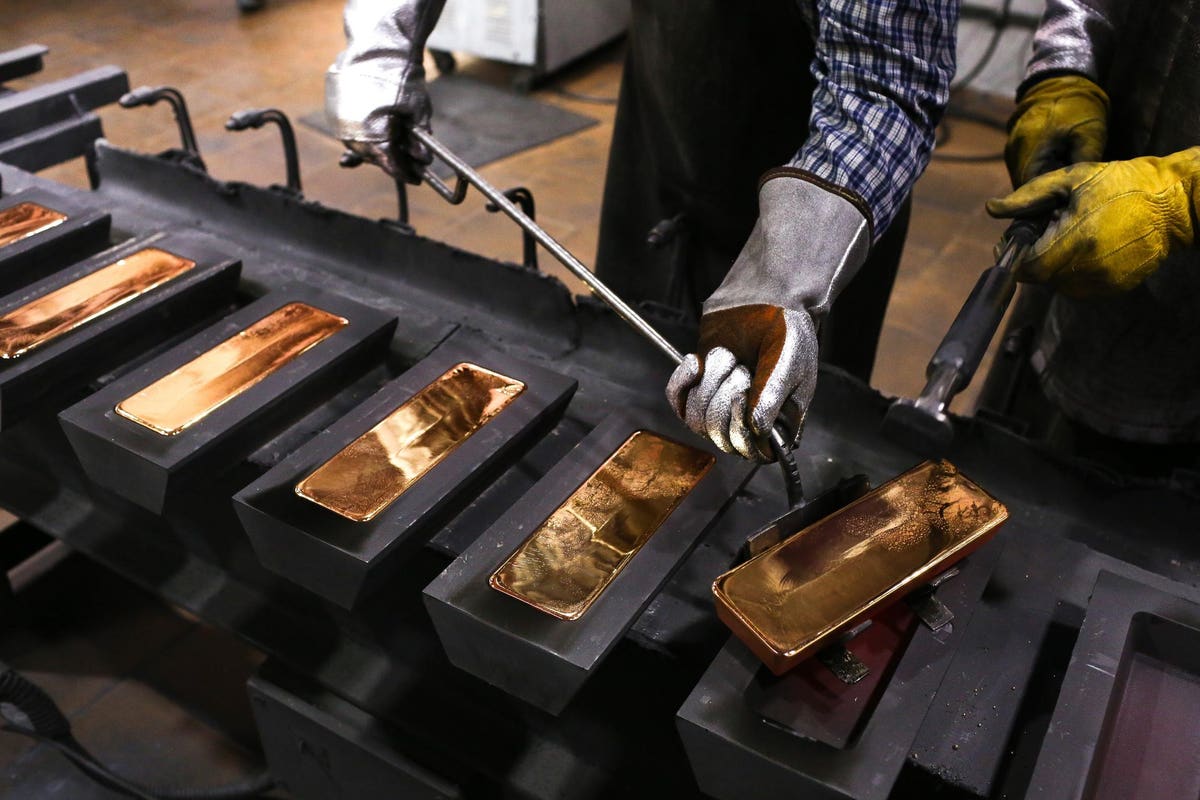Patrick Mensah, CEO of Wallstreet Investment.
We all recognize gold as a symbol of wealth and power; from jewelry to gold-covered cars, the shiny yellow metal has always been a luxury item. But apart from being a display of prosperity, gold is also important for many industries from medicine to aerospace.
Africa is the second-largest producer of gold after Asia, and it accounts for about 20% of global production. As an experienced professional who specializes in representing companies as buying agents for gold sourced from Africa, I would like to explore the history of Africa as a gold trader and its present state within the industry—helping you understand, participate and even potentially improve the gold trade within the continent.
A Glittering History
Ancient civilizations like the Kingdom of Kush and the Ghana Empire had their foundation laid on the discovery of gold in Africa. The lucrative gold trade fueled the rise of other African empires such as Mali and Songhai.
The Bambuk Goldfields and the Taghaza Salt Mines became critical trade routes. Trans-Saharan trade routes facilitated the exchange of gold, salt and other valuable goods.
The arrival of European explorers and colonizers in Africa marked a turning point as Portuguese, Dutch and British traders sought to monopolize the gold trade and exploit Africa’s resources. European powers established mining operations and introduced unjust systems that exploited African labor.
Today, Africa continues to be a major producer of gold with countries like Ghana and Mali being the top contributors. The shining past of African gold is a testament to the lasting value of this precious metal.
I believe we are witnessing a renewed gold rush in Africa, with countries there increasing production to meet global demand. In 2021, Africa produced 680.3 metric tons of gold, a 3.4% increase from the previous year. Ghana and South Africa were the top producers.
African Gold As A Source Of Wealth And Income
Gold mining operations in Africa help create jobs for local communities, and it is shown to directly reduce poverty. The African country Burkina Faso, for example, is home to approximately 350 artisanal gold mining sites. More than 2 million people, which is over 10% of the country’s population, have mining as a primary source of income.
African businesses have effectively leveraged their gold resources to drive economic transformation and societal progress. For example, I see companies like Barrick Gold Corporation as playing a critical role in the fight against poverty. According to their website, they have provided direct employment to 20,000 people across 13 countries, paid $1.8 billion in taxes and royalties to host governments and invested $27 million in community-led development programs.
How African Gold Influences The Global Economy
Valued at over $200 billion annually, gold is traded globally for various purposes. The growth of Africa as a major gold exporter can help strengthen economic ties with other parts of the world. African gold also fuels innovation in various industries and can fuel help find solutions to global challenges with its applications in nanotechnology, medicine and as a catalyst.
Central banks hold reserve assets to support their monetary policy objectives. Along with foreign currency assets like U.S. dollars or euros, they also hold gold. According to the World Gold Council, central banks held about 35,000 tonnes of gold as of December 2020, which was about 18% of all the gold in the world. African central banks accounted for about 3% of the global central bank’s gold reserves.
For producers, I believe an improved state of ethical standards, efficiency and equity are key ingredients necessary in enhancing the diversity and complexity of products from Africa.
Gold Challenges And How Businesses Can Help
Despite this potential, African countries face several challenges in fully harnessing their gold resources. These include money laundering risks stemming from the flow of conflict gold; a gap in trade finance; domestic factors such as low agricultural productivity and investment; poor transport and communications infrastructure; and inefficient customs procedures. I am hopeful that many of these issues will reduce as the economy grows and matures.
To harness the potential of African gold resources, businesses can take several steps. First, I would recommend looking into how you can invest in various aspects of the gold industry in Africa: mining, trading, refining, manufacturing and retail of key end products. Of course, you should adopt and apply strengthened due diligence practices to ensure that illicit actors are unable to exploit and benefit. This strengthens the industry in the long run.
Moreover, businesses can play a crucial role in accelerating the implementation of the African Continental Free Trade Area (AfCFTA), which is expected to boost regional and local value chains. This free trade area is one I recommend my clients keep an eye on for its potential in increasing market access as well as what Brookings describes as its potential to “significantly grow manufacturing and industrial development, tourism, intra-African cooperation, economic transformation, and the relationship between Africa and the rest of the world.”
Final Takeaways
Through collaboration between businesses and stakeholders, I believe we can improve governance in the sector, ensuring transparency from mining rights allocation to production and revenue. Doing this can also help fight illicit financial flows and corruption. Overall, sustainable mining practices that prioritize environmental protection and worker safety should be promoted.
Toward this, investment in local communities is vital to provide support for local jobs and infrastructure. Contributions to community development funds can enhance education, healthcare and other social services. Capacity building is another focus area, with training for miners, research support and promotion of advanced technologies all possible through the gold industry in Africa.
Advocacy for fair trade practices helps ensure miners receive a fair price for their gold and access to international markets. This collaborative approach can fuel economic growth while promoting sustainable development and social equity in the African gold trade. Through these actions, I believe Africa and outside business interests can cooperate to make sure that gold mining and trade benefit everyone, not just a few.
Forbes Business Council is the foremost growth and networking organization for business owners and leaders. Do I qualify?
Read the full article here





